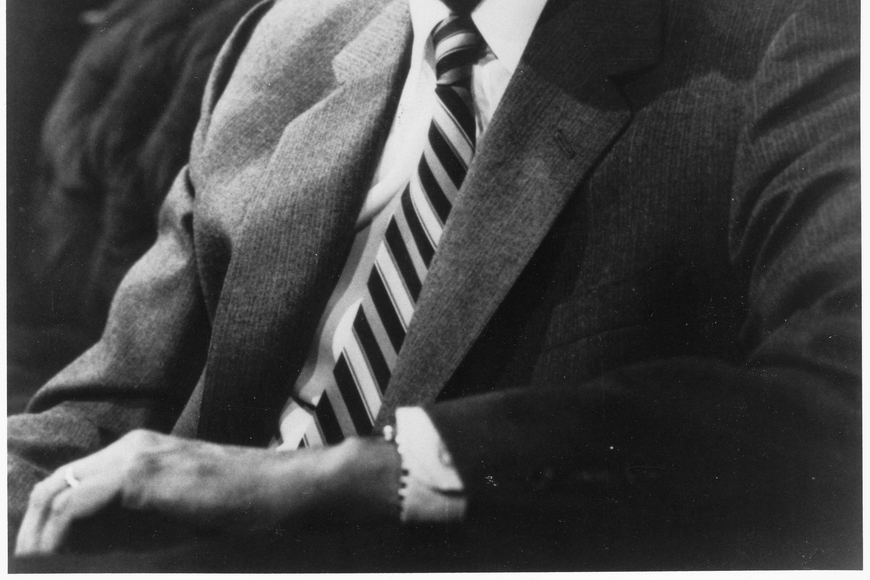MinnPost column: Heller and Humphrey shaped federal economic policy
In this column by Louis D. Johnston, economist and professor at College of Saint Benedict | Saint John’s University, reflects on the 75th anniversary of the passage of the Employment Act of 1946. Among other things, the act established the Council of Economic Advisers — the group Walter Heller himself would chair in the 1960s under President John Kennedy. Johnston comments, "Heller transformed this sleepy council from a quiet, data-gathering office in the 1950s into a vibrant White House economic think tank dedicated to the idea that government policy can play a constructive role in economic affairs in the 1960s and beyond."
Later, in 1978, Minnesota Senator Hubert Humphrey and California Congressman Augustus Hawkins brought forward legislation known as the Humphrey-Hawkins Full Employment Act, which charged the Federal Reserve with maintaining “maximum employment” and “stable prices." As Johnston explains, "The focus on employment and inflation has come to be known as the Fed’s 'dual mandate.'"
Now, as American policymakers and scholars debate President Biden's proposed economic stimulus package, the legacy of both Heller and Humphrey remains strong. In Johnston's opinion, "We are living in the world of economic policy created by the Employment Act of 1946 and Humphrey Hawkins Act of 1978."



